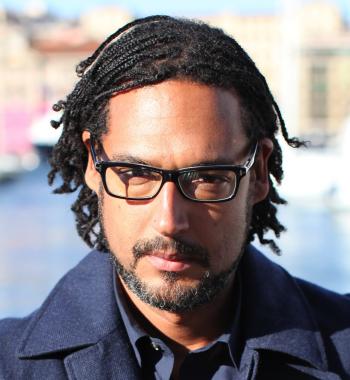Exploring the Impact of David Olusoga in History and Broadcasting

Introduction
David Olusoga is a significant figure in contemporary British history and broadcasting, renowned for his insightful narratives that connect the past with present societal issues. His work delves deeply into the complexities of British colonial history and race relations, making substantial impacts on public understanding of these topics. As the importance of inclusive narratives in history continues to grow, Olusoga’s contributions remain highly relevant.
Background and Career
Born in Lagos, Nigeria, in 1970, Olusoga moved to the United Kingdom at the age of four. He developed a keen interest in history early in life, ultimately studying history at the University of Liverpool. Olusoga began his career as a producer for the BBC, where he soon became known for his ability to engage audiences with thought-provoking content.
His breakout work came with the BBC series “Black and British: A Forgotten History,” which aired in 2020. This series explored the often overlooked contributions of Black individuals to British history and has been praised for its depth and accessibility. He has also authored several books, including “Civilisation: A New History of the Western World,” further establishing his reputation as a leading historian.
Recent Achievements and Contributions
In recognition of his significant contributions to the fields of history and media, Olusoga was awarded an Honorary Doctorate from the University of Liverpool in 2021. He continues to be a leading voice in discussions on race and history in the UK, contributing to public debates and educational initiatives. Additionally, his work in television has helped to diversify the representation of history in British media.
Recently, Olusoga has contributed to various initiatives aimed at educating the public on the impact of racism and the importance of historical acknowledgment. His involvement in workshops and lectures has reached diverse audiences, including schools and community groups.
Conclusion
David Olusoga’s influence as a historian and broadcaster highlights the critical need for inclusive historical narratives in British society. His commitment to addressing historical injustices and promoting understanding between communities remains essential as the UK grapples with its colonial past. As discussions about race and history evolve, Olusoga’s work will likely continue to shape public consciousness and foster a more nuanced understanding of Britain’s multifaceted history.









